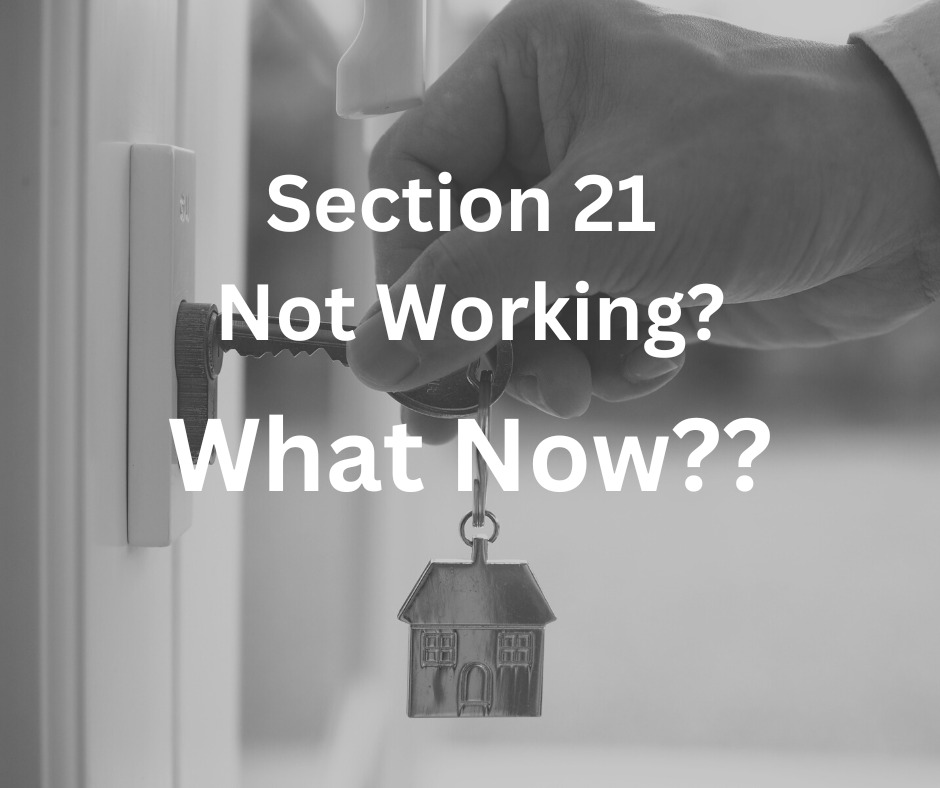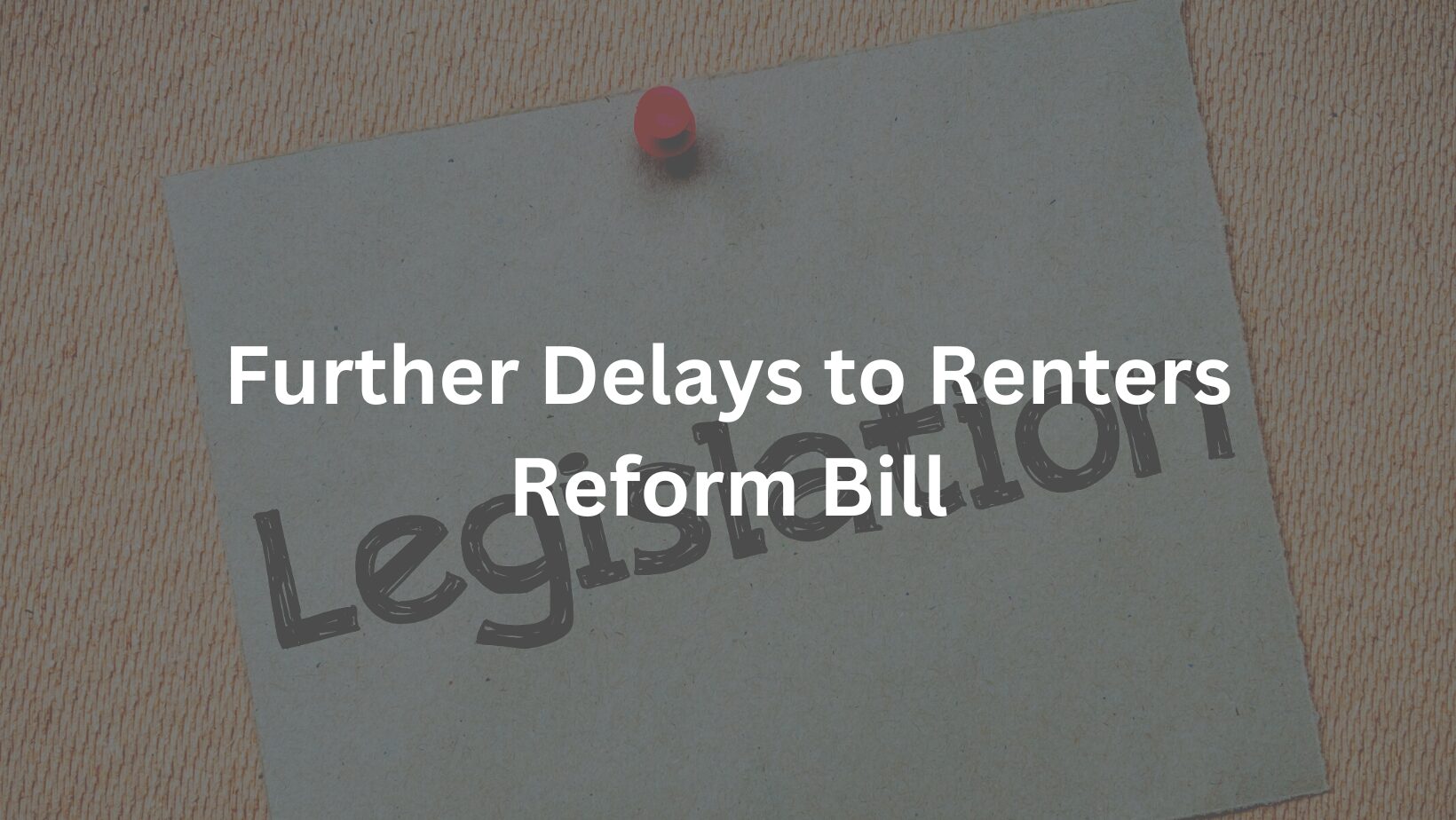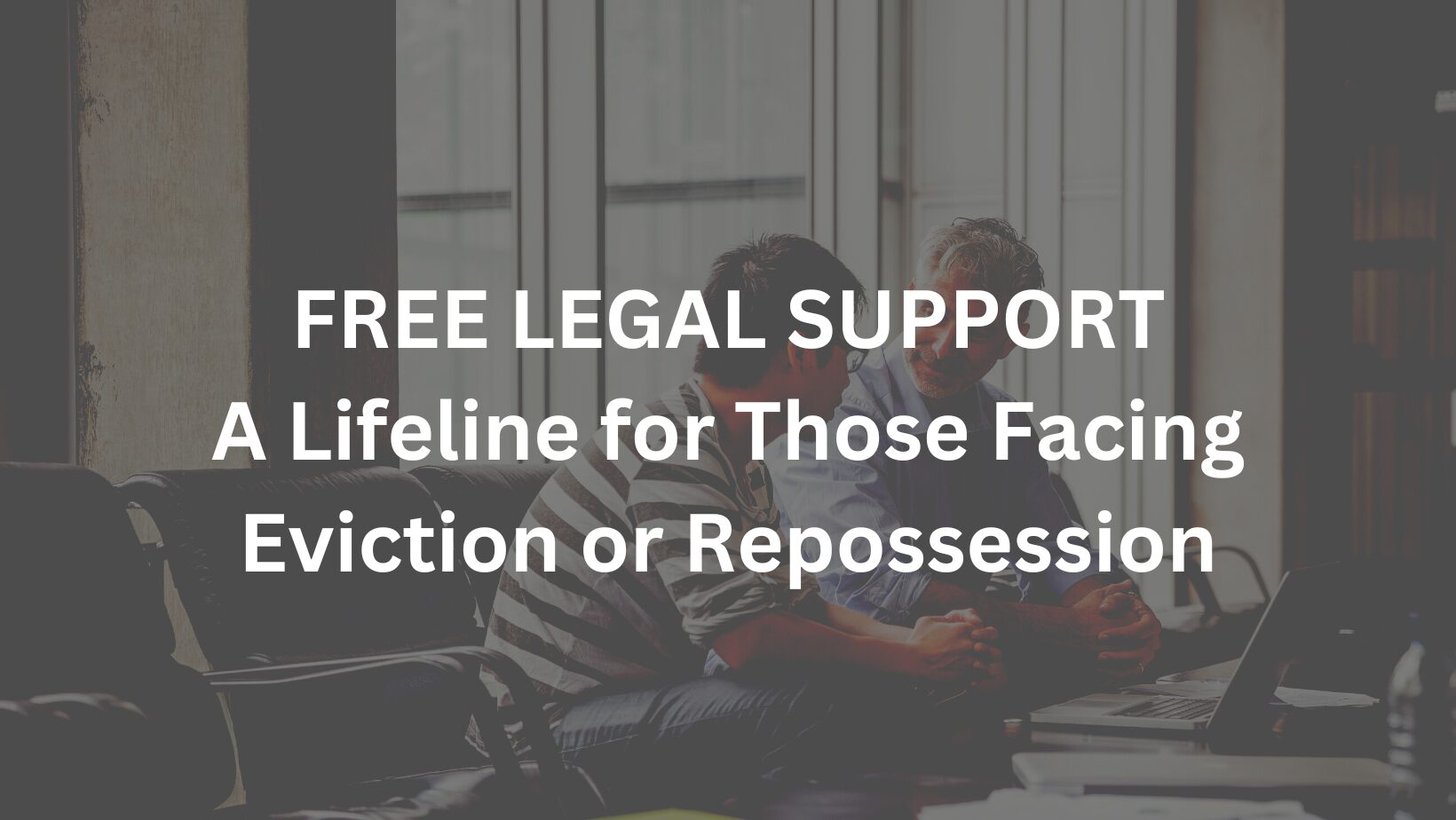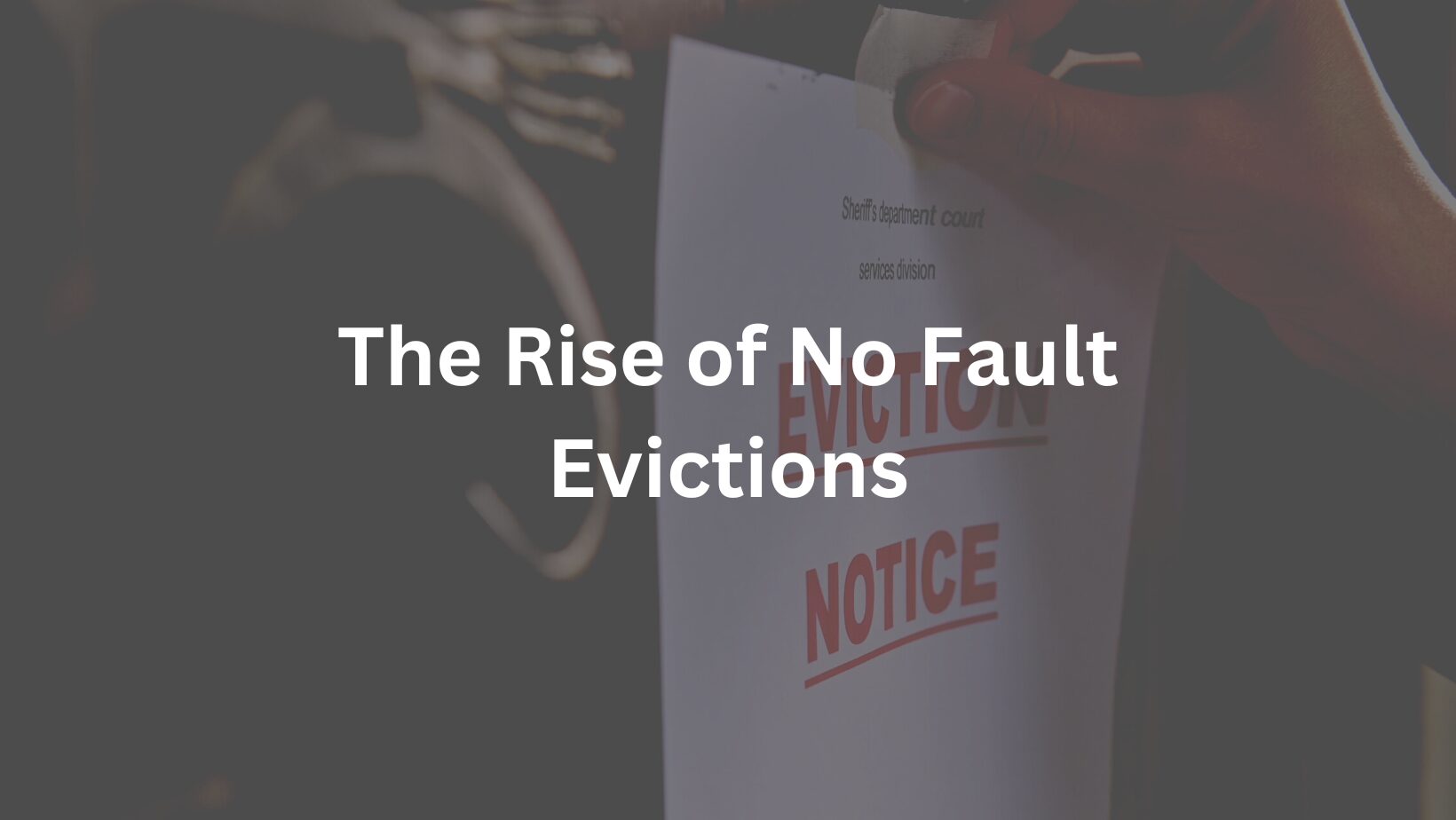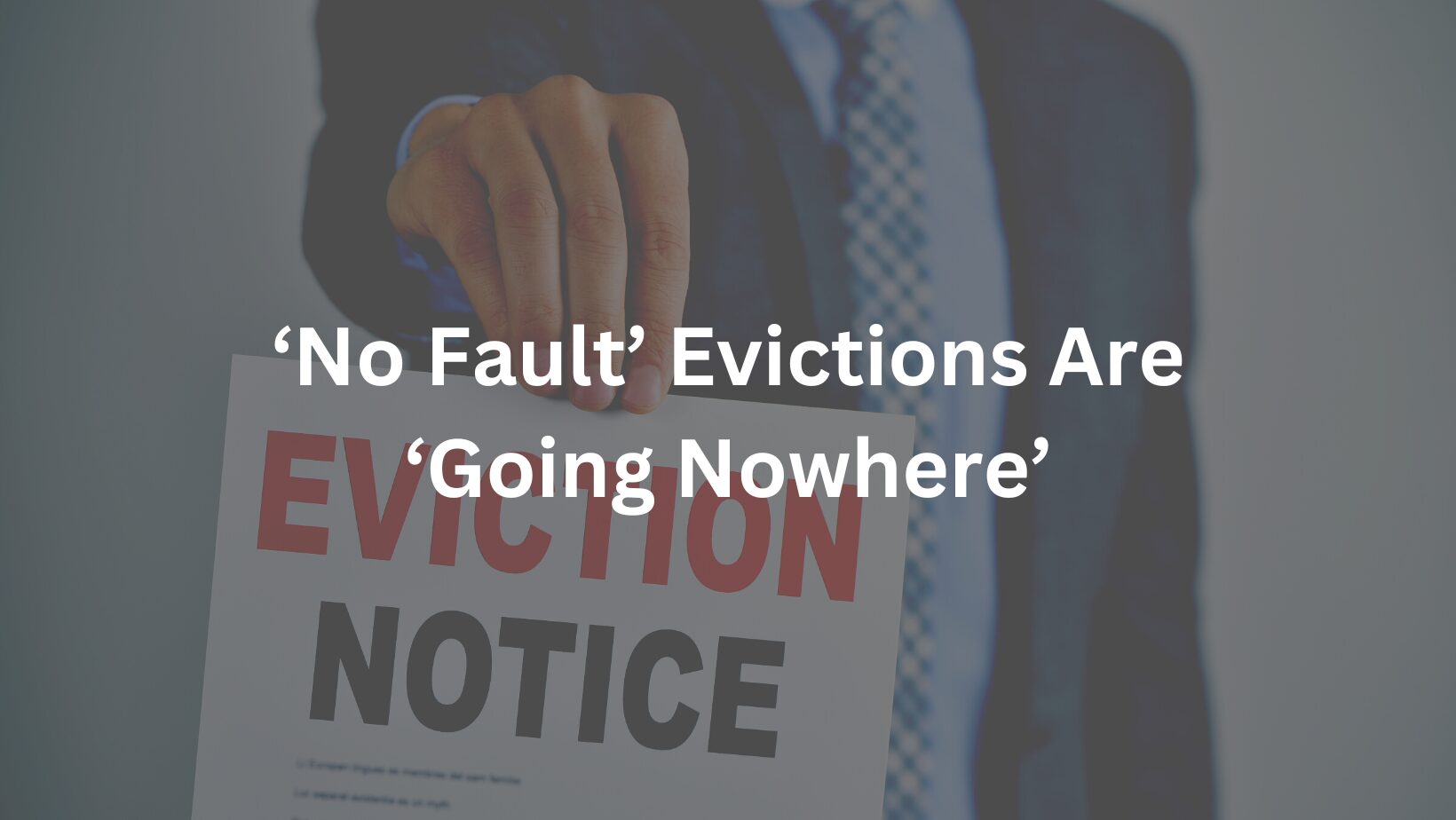More and more landlords are in a hurry to issue Section 21 to their tenants so that they can finally sell off their properties and enjoy retirement, or even move on to other ventures. However, what happens when the tenant refuses to leave? This could be due to them not having enough money to move with the cost of living crisis, being stubborn or simply just not having anywhere else to go.
So what should you do if they refuse to leave?
There are a number of options we can explore when a tenant refuses to leave after a Section 21. One of these options is the most obvious and that is going to court.
Going to court to get possession through a court appointed bailiff is probably step one.
This ensures the landlord will get a better selling price also with a vacant property. However this process does have it's downsides, such as long waiting lists for court dates and a plethora of difficulties that can result in landlords and property managers having to start the process all over again causing unnecessary stress.
A second option that could be explored is attempting to negotiate with tenants and trying to come to a mutual agreement that will benefit all parties involved. The downside to this though is it could lead to confrontation, arguments or even violence as the tenant could feel threatened or angry.
Another area to possibly explore would be to contact an expert negotiator and legal advisors and solicitors. Failing that, last resort could be simply selling to other investors so you will not have the responsibility of evicting the tenant.
It is rather difficult at the moment due to the number of landlords that are unable to empty their properties, bills not going away, less money due to the rise in rates and tenants in arrears.
But if you are a landlord and want our support and advice on what to do when a tenant won't leave, we advise you get in touch with #TeamCES today and see if we can help.
OUR UPDATES
Latest news & updates
I need help with...
Whatever help you require, get in touch with us!
